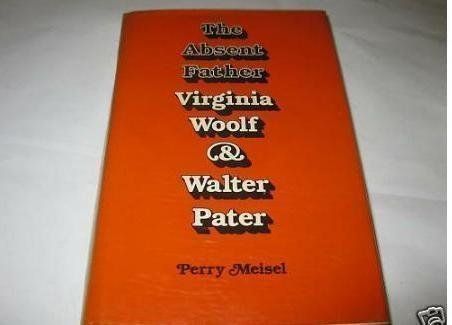
The Absent Father Virginia Woolf and Walter Pater
Recent studies of Virginia Woolf's career have increasingly presented her fiction as autobiographical fable. This book returns to the literary career and treats generic questions raised by the novels themselves. Maria DiBattista centers her study on the nature of narrative voice and narrative authority in the novels, arguing that Woolf surmounts the modernist crisis of subjectivity by adopting as a model of literary identity the voice of 'Anon, ' the communal poet. Woolf's theoretical writing and her unpublished essay on 'Anon' record her interest in developing techniques of nonegotistical, anonymous narration, her growing indebtedness to the Shakespearean voice of the comic romances, her implicit critique of conventional narrative omniscience, and her crucial discrimination between authoritative and authoritarian fictions.